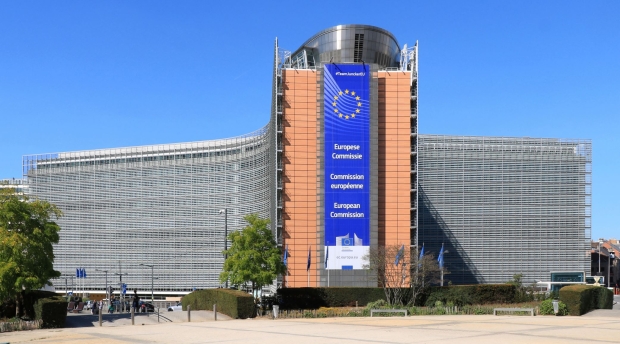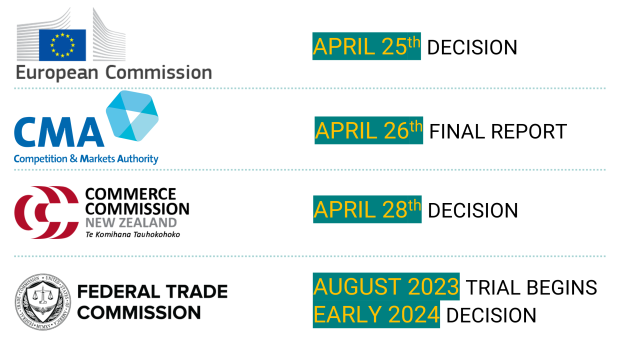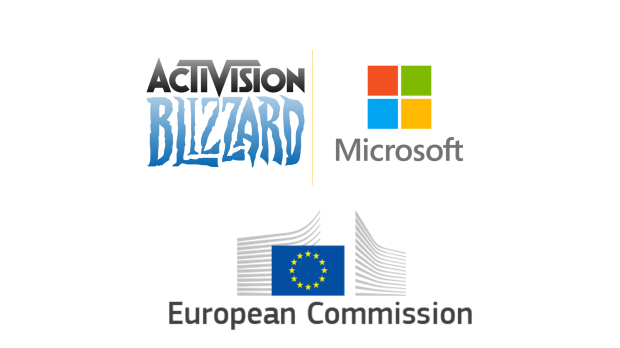Microsoft's recent offer to bring Call of Duty to competing platforms may be enough to satisfy European Commission regulators and signal merger approval.

Days ago, Microsoft counsel met with regulators to discuss key points of the Activision merger. During the hearing, Microsoft presented its recent 10-year deals with Nintendo and NVIDIA to show that it's willing to work with competitors. Microsoft's licensing deals may have persuaded European regulators and sealed the deal for approval.
Sources tell Reuters that the European Commission (EC) is now likely to approve the Microsoft-Activision merger. The EC had identified a few antitrust concerns with the merger, namely with Call of Duty's exclusivity and possible affects on multiple markets like the nascent game streaming infrastructure. Microsoft's compelling arguments made during the Brussels hearing have apparently swayed regulators and satisfied their concerns with the case.
The reality is that Microsoft's 10-year deals were masterfully planned and executed. The company may have effectively satisfied regulators with a strategy that significantly benefits Xbox gaming as a whole. I've also argued that this is something that Microsoft had already planned to do regardless of antitrust concerns. The 10-year deals are a net win for Microsoft's games division and seem to highlight the pro-competition aspects of the Xbox business, which is predicated on multi-platform distribution on rival and competing storefronts and console platforms.
Microsoft has also made similar 10-year commitments to bring Call of Duty to PlayStation platforms, however Sony has yet to sign such a deal.
The European Commission has yet to make a formal approval decision and there are still many more weeks until the EU regulators will publish their findings.
The EC is expected to announce their decision on April 25, 2023.




